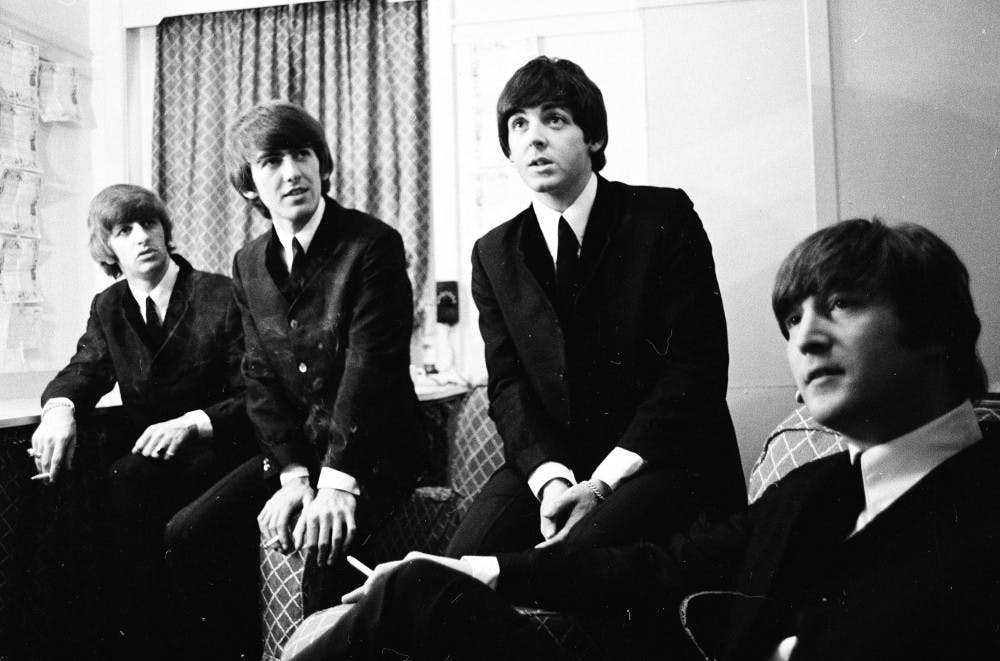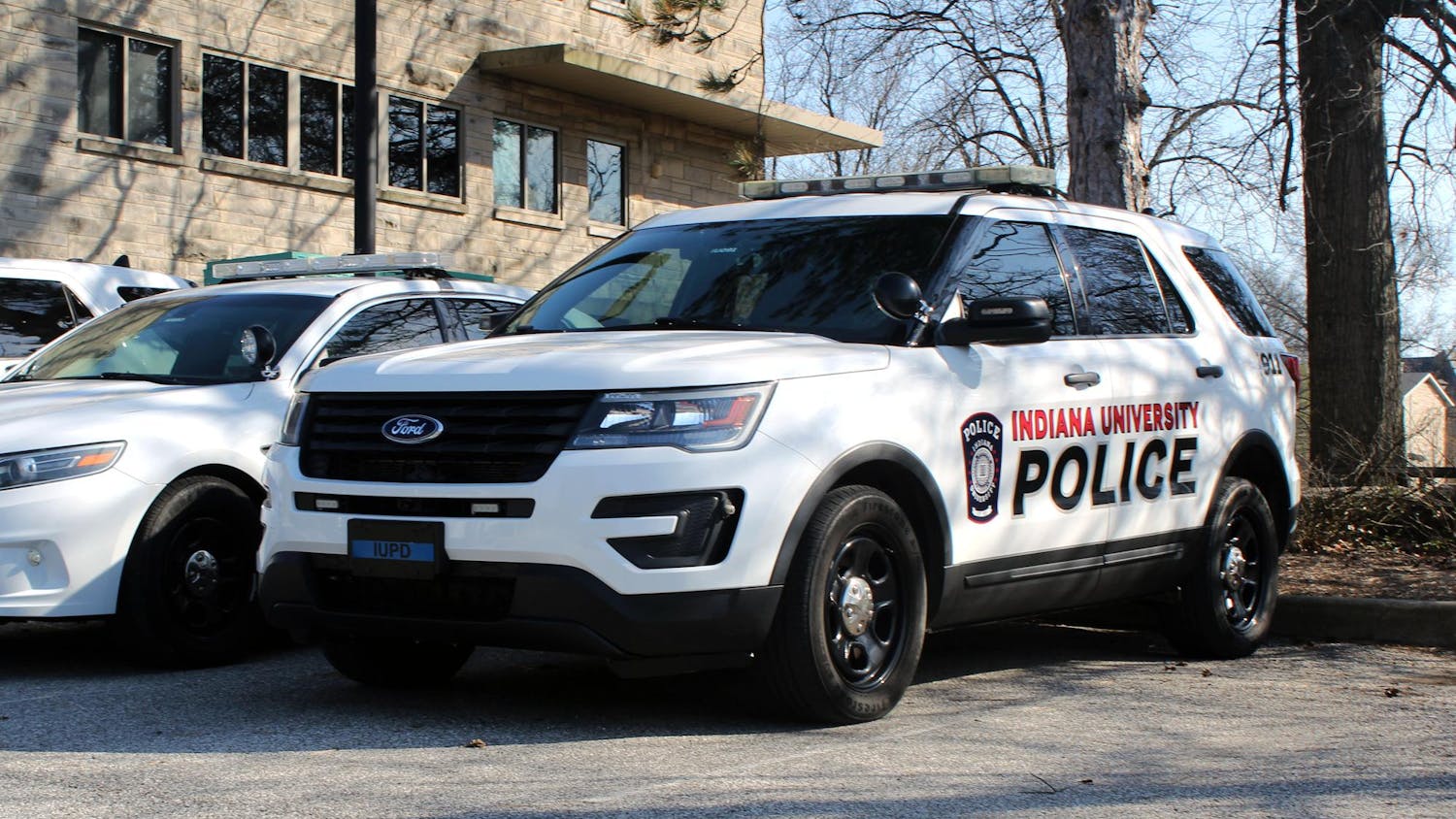When Ron Howard was a young boy, he could have sworn to you he was the biggest Beatles fan in the world. He was one of 73 million people in the United States gathered around his TV watching the band on “The Ed Sullivan Show,” and for his 10th birthday, he requested a Beatles wig.
After 56 years and two Academy Award wins, Howard finally got his chance to meet the remaining two members of the band and direct his very own documentary of the greatest band in the world.
“The Beatles: Eight Days a Week – The Touring Years” — my God, what a title — is the latest of what is probably hundreds of documentaries about the Fab Four. It explores the band during their touring years, particularly in America, from 1963 to their final tour in 1966.
The movie was released in theaters last Friday, and was dropped on Hulu the very next day.
In order to keep the theater incentive strong, however, Howard has included more than 30 minutes of footage from the legendary Shea Stadium concert from 1966 in the theatrical version.
The documentary features interviews from Paul McCartney, Ringo Starr, Whoopi Goldberg, Larry Kane, Kitty Oliver and many others.
The true star of this documentary, however, is the absurd amount of rare and never-before-seen archive footage and home videos of the Beatles.
Whether you’re a Beatles fan or not, you’re going to want to watch John, Paul, George and Ringo banter back and forth in that classic “A Hard Day’s Night” style we all fell in love with.
Something I have never quite before seen in a Beatles documentary that I particularly loved in “Eight Days a Week” was an exploration on how Beatlemania had an effect on race in America.
This includes the band’s refusal to play for segregated audiences in the south. Goldberg also described the band as being “colorless.”
With that said, I was really hoping a documentary promising to explore the band’s touring years to give more than just 30 seconds to their five years of touring in Liverpool and Hamburg before they made it big with “Love Me Do” and “Please Please Me.”
Those years truly defined who the Beatles were, and if it wasn’t for that constant demand for great material, none of us would have ever heard of the band.
You could make a whole documentary on just those years, yet Howard chose to completely sideline them.
On top of that, the majority of information given in the documentary is so surface-level that even casual Beatles fans will probably have already heard the majority of stories told in the 100-minute runtime.
Regardless, I guess it would be unfair to expect every Beatles documentary ever made to be “The Beatles Anthology.” Their story is just so epic-scale and mind-opening.
If you’re a fan of the Beatles, then you’re sure to find something charming within Howard’s film.
It’s by no means the definitive Beatles tale, but if you truly love those Liverpool boys as much as they loved each other, you’ll end with a Cheshire grin across your face.
afaulds@indiana.edu
@a_faulds9615




